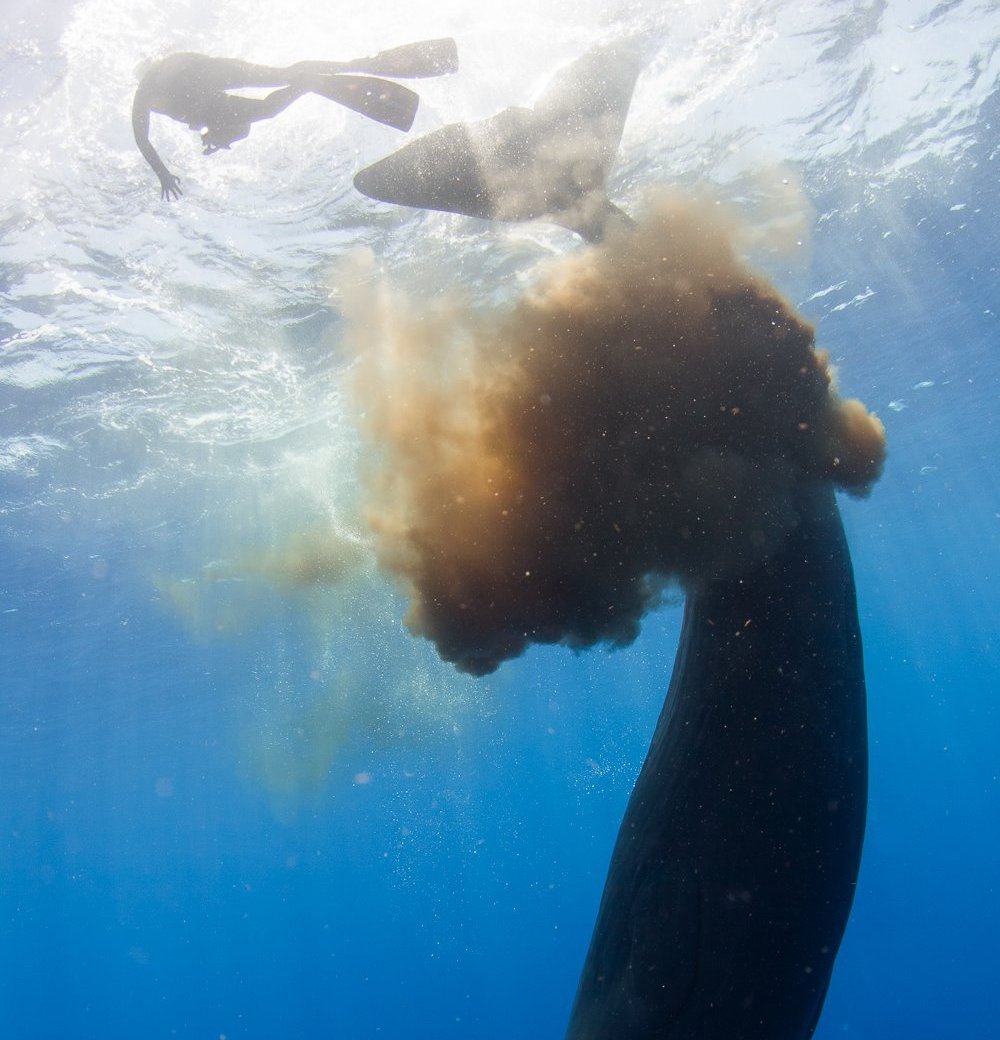Loss of big animals and their poo has transformed Earth, say scientists
The loss of big animals to overhunting and human-driven pollution has meant a drastic drop in the amount of poo, which is critical to nourishing the Earth, researchers say. Restoring the populations of large mammals and sea creatures through conservation could help fight the damage being caused by global warming, by absorbing more carbon dioxide in the oceans and replenishing landscapes across the planet, said the findings in the Proceedings of the National Academy of Sciences, a peer-reviewed US journal. "This once was a world that had ten times more whales; twenty times more anadromous fish, like salmon; double the number of seabirds; and ten times more large herbivores - giant sloths and mastodons and mammoths,“ said Joe Roman, a biologist at the University of Vermont and co-author of the study.
This broken global cycle may weaken ecosystem health, fisheries, and agriculture.
Joe Roman, co-author of the study
Their declines have damaged the Earth’s nutrient cycle, the process by which animal waste moves from the ocean depths to deep inland via migrating seabirds and fish, he said. Hunting by humans has also been a driving force in severely diminishing the capacity - by more than 75% - of marine mammals to move the vital nutrient phosphorus from the deep ocean to land surfaces. Researchers estimate that before the era of commercial hunting, whales and other marine mammals moved around 750 million pounds (340 million kilograms) of phosphorus from the depths to the surface each year. Now, they move about 165 million pounds, just 23% of their former capacity.

Science marine poo